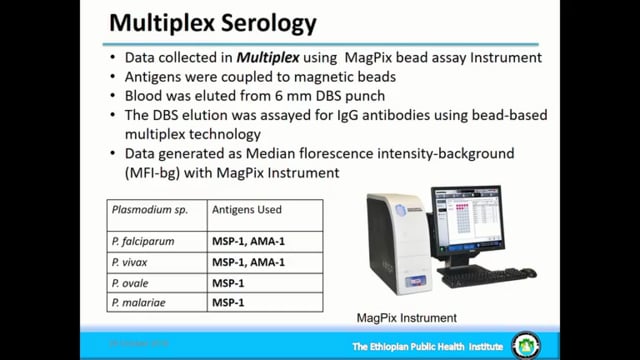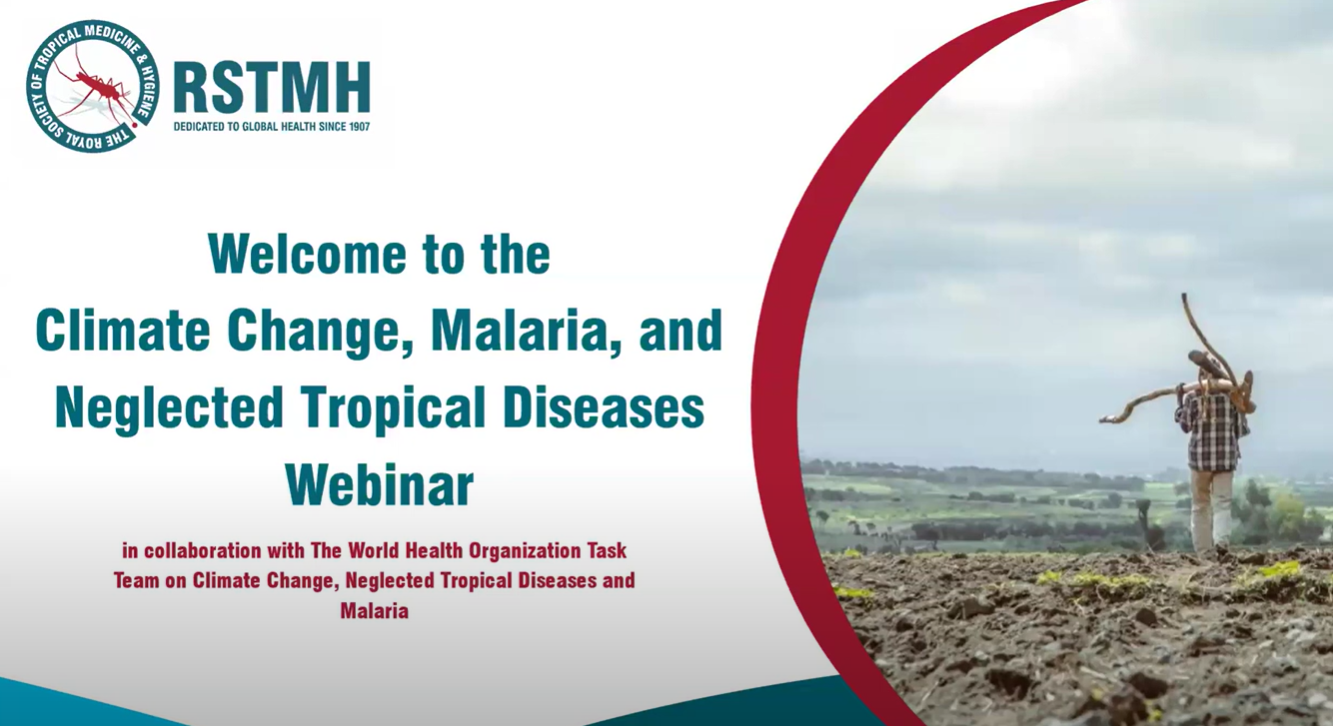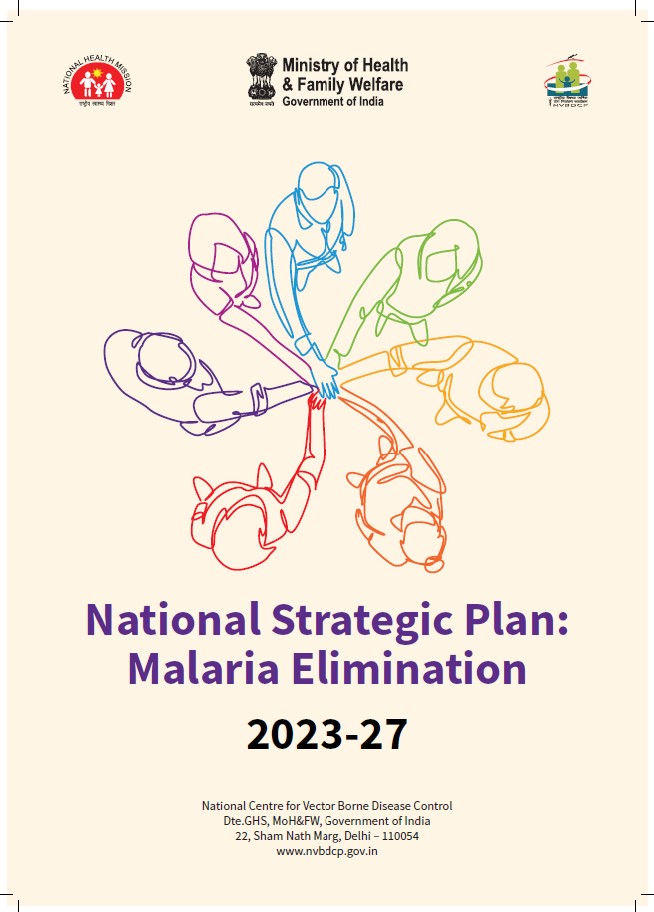Last Updated: 02/10/2024
Probing the post contraction effects of malaria over time in multiple episodes within a year in Idenau – Rural Buea, South-West Region of Cameroon and advocate for policies to improve the health and well-being of the people
Objectives
The overall objective of this study is to investigate, understand and address the impact of contracting malaria in multiple episodes within a year, overtime in individuals of the Idenau community, specifically focusing on long-term health implications, socio-economic burden, and any potential complications associated with repeated malaria infections.
Specific objectives:
1) To assess the long term impact of multiple episodes of malaria on the red blood cell concentration by measuring the haemoglobin levels in individuals with a history of multiple malaria episodes.
2) To investigate the effect of multiple malaria episodes on cardiovascular health by evaluating blood pressure, pulse rate, and oxygen saturation in individuals with a history of multiple malaria episodes.
Studying the post contraction effects of multiple episodes of malaria is crucial for several reasons. It helps in understanding the long term health effects of the disease in infected individuals, sharing lights on several idiopathic non-communicable diseases that are trending in the society and not being tackled properly by the health sector and the authority in charge. Malaria is known to have various acute symptoms, but little is known about the potential chronic effects that may persist even after successful treatment. By studying the post contraction effects, any persistent health issues which may arise due to repeated malaria episodes could be identified. This information is vital in developing targeted interventions and healthcare programs to manage and prevent long-term health complications. Additionally, it can provide insights into the effectiveness of current treatment strategies. While anti-malarial drugs have proven to be successful in treating acute malaria episodes, it is unclear whether they fully eliminate the parasite from the body, especially after recurrent episodes. By investigating the long term effects, we can determine if there is a need for more aggressive treatment approaches or if the current drugs are sufficient to ensure complete clearance and prevent relapses. This knowledge is also very crucial in improving treatment protocols and reducing the possibility of drug resistance, ultimately leading to better management of malaria and improved outcomes of infected individuals.
Jul 2024 — Dec 2024
$8,009


